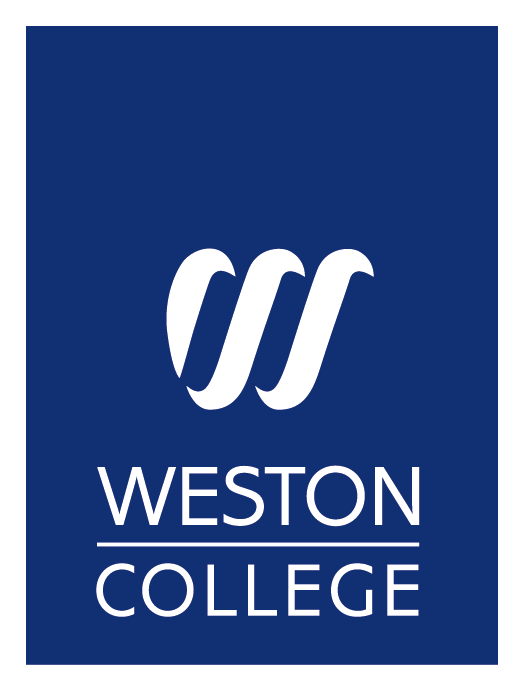
Real World Problem Solving Through Blended Learning

“Why is everything we do hypothetical?”….And what if it wasn’t?
One answer to this question is to provide learners with the opportunity to interact with real-world issues, allowing them to engage with key industry trends and use a range of skills to develop practical solutions. In today’s ever-changing world, it is vital that we not only support learners in their academic success but go beyond traditional study to help them build their holistic skills.
In Engineering, tutors and content creators in the Digital Learning Development Team have been adopting the approach to a traditionally taught program to help them develop wider life skills such as resilience, stress and conflict management, and teamwork.
In a departure from the traditional blended learning model, learners will be encouraged to interact with one another and the online content to formulate solutions to real-world problems related to the Sustainable Development Goals outlined by the UN. These goals permeate every facet of modern life, including in and around College.
A greater focus on digital distanced learning helps to reduce unnecessary travel, reducing the College's carbon footprint whist still having huge benefits to the learners. Weston College is committed to creating brighter and greener futures.
Groups of learners will undertake a three-week project, working together to develop solutions to their chosen problem. Each week is structured to guide learners through three phases of project work:
Investigate
This initial week is dedicated to research. Together, learners will select one option from a range of current issues, exploring and constructing their own knowledge using the digital resources provided as a starting point. Throughout the project, learners will record their collaborations through a shared Wakelet. They will also carry out self-exploration, developing an understanding of their own strengths and areas for development as part of a team.
Invent
In the second week of their project, learners develop potential solutions to their chosen issue, analysing their idea and the data behind it and relating their designs to real-world contexts. In each week, learners are provided with opportunities to record their progress and use bespoke learning content to help build key skills.
Implement
In the third and final week, learners bring their solutions to life by presenting their ideas to a wider audience. They will be given a range of options for presenting their research and development, including creating Flipgrid videos and posters to be displayed on digital signage around the College, helping to extend beyond the classroom to influence the wider College community.
Over the course of the project, tutors will act as facilitators and coaches, helping to guide learners as they develop their independence and move from the hypothetical to embarking on real-world experiences.
If you would like to know more, get in touch with Louise Pratten, Digital Learning Development Team, to discuss how to use project based blended approaches in your curriculum design.






